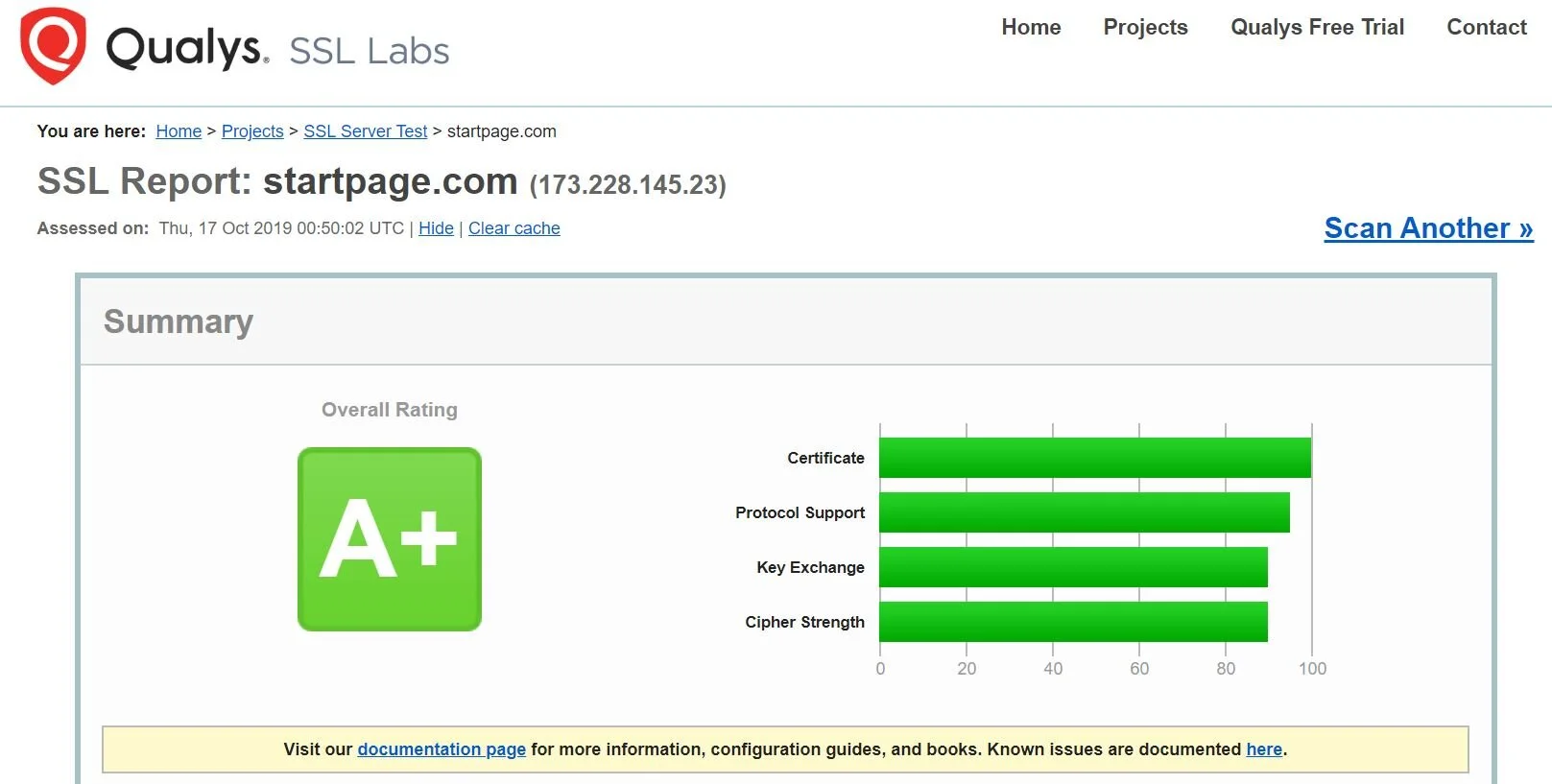They want to know everything about you
It is no secret that every advertising-funded site (Facebook, Yahoo, Google, Bing, etc) works very hard to build a complete profile about you. They want to know as much as possible so they can sell expensive highly targeted advertisements.
Every search you perform, every site you visit, every link you click is recorded and analyzed.
You live in a filter bubble
The profile we talked about above is also used to return information the site believes you will like most (therefore making themselves more sticky). this is the filter bubble problem.
The site (e.g. Google) will return results that it believes are aligned with your view and this is what we call the filter bubble. At some point, you will stop seeing other opinions or points of view. In the most extreme examples, it can reinforce certain questionable points of view such as the earth is flat or other similar prejudices.
How do I search the web privately
There are many search engines that promise private searches but the problem with most is that they crawl the web themselves and their index of the web just isn’t as good as Google. This is where startpage.com comes in. It allows you to search using the Google web index without giving up your privacy.
Startpage.com does not log user activity and does not perform any type of user tracking or profiling
Startpage.com allows you to browse any of the pages returned in a search query anonymously
Startpage.com is based in the Netherlands which has better privacy protection than the US
Ok but are the search results good?
Search results use the Google index so they are as good as can be without profiling you to customize the response
The results layout page is clean and uncluttered
You can search the web, images or videos
You have all of the advanced search options you could need (including words contained, avoiding certain words, dates, domains, language, file type, etc)
Some searches won’t contain ads and those that do clearly mark them with the word Ad
You can browse any search result link using their free anonymous browsing option (called Anonymous View)
When you browse using the Anonymous View, the webpage is surrounded by a blue frame
How it makes money
Startpagecom generates its revenue from clearly marked search ads and affiliate links.
These ads are not targeted (since they do not profile visitors).
The ads are segregated from the actual search results so as not to confuse the visitor.
Tell me more about Startpage.com’s privacy
Since most of its users originate from the US, Startpage.com has search servers located in the US to speed up searches. These servers are said to be hardened and properly secured.
This should be perfectly acceptable to most users but if you are extra paranoid, Startpage.com does offer users the option of choosing non-USA servers.
Their privacy claims have been independently verified (read this).
They have never showed up on any blacklist (that I can find)
They have an A+ rating from the Qualys SSL Labs site








